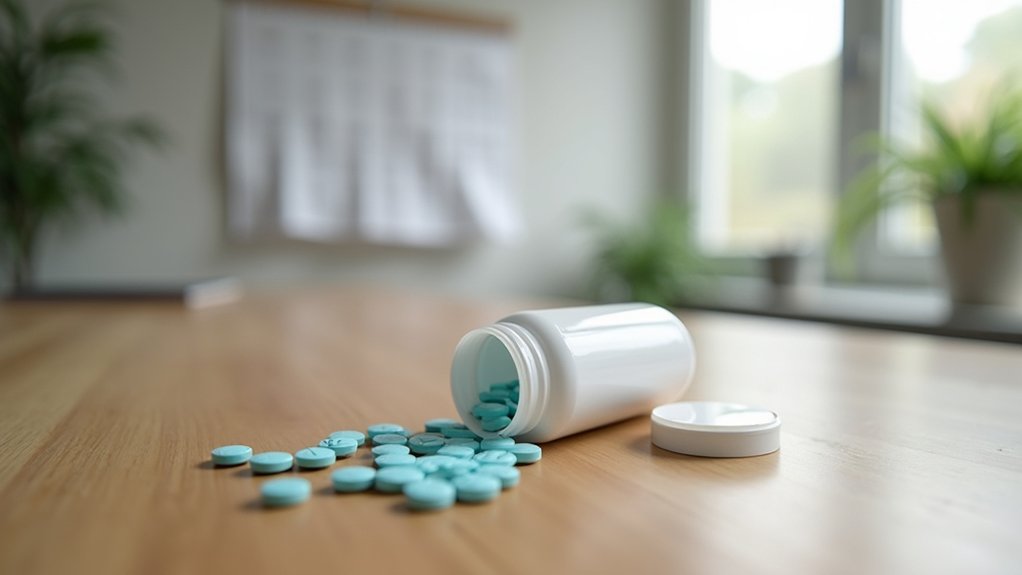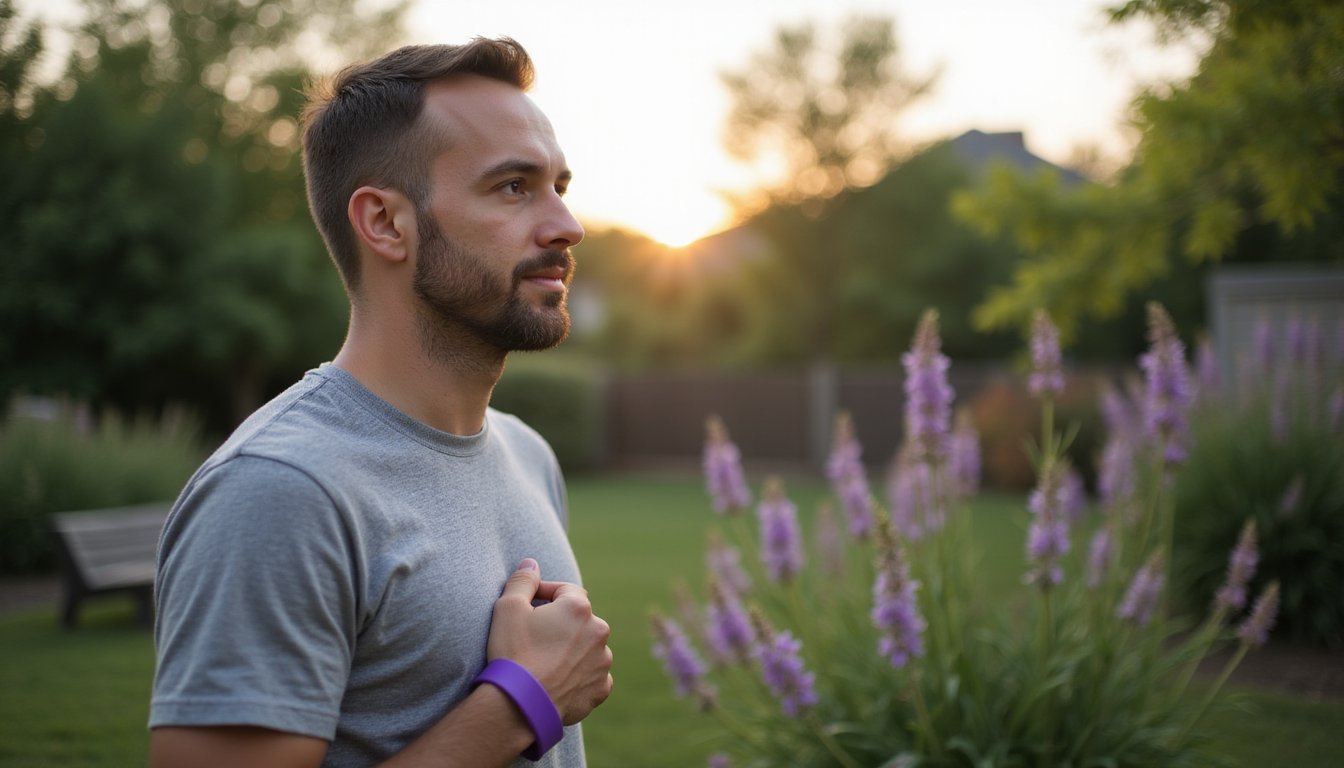Life Skills in Addiction Recovery
Addiction recovery is a challenging and lifelong journey that involves more than just no longer using and abusing drugs and alcohol. Recovery is a way of life that encompasses physical, emotional, and mental well-being. One crucial aspect of this journey is developing and mastering life skills in addiction recovery.
While life skills are an important thing for everyone, for those in recovery, the ability to successfully navigate life and all the curveballs life may throw at them is even more crucial for their overall sobriety.
If you or a loved one is in recovery, keep reading to learn more about how the development of crucial life skills can help you or your loved one successfully navigate sobriety.
What Are Life Skills?
Life skills refer to the abilities and competencies that individuals use to navigate the demands of everyday life effectively. They are the essential tools that enable us to cope with challenges, make informed decisions, and lead fulfilling lives.
In the context of addiction recovery, life skills play a pivotal role in helping individuals regain control of their lives and maintain their sobriety.
Examples of key life skills to be developed during recovery include:
- Self-awareness
- Problem-solving
- Effective decision making
- Communication skills
- Resilience
- The ability to cope
- Self-control
- Assertiveness
- Creating and critical thinking
Benefits of Life Skills in Recovery
Developing some of the life skills mentioned above is crucial to maintaining sobriety and preventing a relapse. Successfully navigating your sobriety and preventing relapse is just one of the many benefits of developing life skills in recovery.
Below are some other important benefits:
Improved Self-Care and Confidence
Developing life skills boosts self-esteem and confidence, two things that are often neglected during active addiction. As the person continues to work on themselves as part of the recovery process and achieves their goals, they earn back that feeling of accomplishment and self-worth within themselves.
Enhanced Coping Mechanisms
Unfortunately for many, they turn to drugs and alcohol as a way to cope with their issues, whether they be stress or even more severe mental health issues. They often do this because they simply can’t cope with their problems and either don’t want to turn to professional help or even feel as though there are no other options.
Developing life skills during recovery helps equip these people with healthy ways to cope with stress, triggers, and cravings.
Better Decision Making
Those actively battling substance abuse and addiction don’t typically have the best judgment while they are using. It is that lack of judgment that may have even led them to start using and abusing substances in the first place.
Life skills in recovery promote rational thinking and the ability to make informed choices that align with one’s recovery goals.
Improved Relationships
Another unintended consequence of addiction is the fracturing of relationships, whether it be with a spouse, friends, family members, or other loved ones.
Life skills often teach things such as effective communication, conflict resolution, and empathy, all things that are important for building back up damaged relationships as well as fostering new ones.
Increased Independence
Life skills foster self-reliance, allowing individuals in recovery to become more independent and self-sufficient. This independence can be empowering and reduce the risk of relapse.
Why Are Life Skills Important for Recovery?
As we touched on above, life skills provide the tools necessary to successfully navigate your sobriety. Since recovery is a life-long journey these skills are as important today as they are 20 years from now when it comes to successfully navigating things such as:
Relapse Prevention
Relapse is a common challenge in addiction recovery. Life skills provide individuals with the tools to identify and navigate triggers, stressors, and high-risk situations, reducing the likelihood of relapse.
Reintegration into Society
For many in recovery, returning to daily life after rehab can be overwhelming. Life skills bridge the gap between treatment and the real world, enabling a smoother transition and integration into society.
A Sustainable Recovery
Recovery is not a short-term goal but a lifelong journey. Life skills are essential for maintaining sobriety over the long term, helping individuals adapt to the various stages and challenges of recovery.
Important Life Skills Needed After Rehab
Recovery is a highly individualized process, and the specific life skills required can vary from person to person. However, several key life skills are universally beneficial for individuals in addiction recovery including:
- Communication skills – Effective communication is vital for expressing emotions, setting boundaries, and resolving conflicts in healthy ways.
- Stress Management – Learning how to manage stress through techniques such as mindfulness, deep breathing, and relaxation exercises can prevent relapse.
- Emotional Regulation – Understanding and regulating emotions is crucial for avoiding impulsive decisions and maintaining emotional stability.
- Problem Solving – Developing problem-solving skills helps individuals tackle challenges and make constructive decisions.
- Time Management – Effective time management enhances productivity and reduces the risk of boredom or idleness, which can be triggers for substance use.
- Financial Stability – Managing finances responsibly can prevent the financial stress that may contribute to relapse.
- Healthier Life Choices – Adopting a balanced diet, regular exercise and sufficient sleep promotes physical and mental well-being.
Life Skills for Recovering Addicts
We’ve talked about why life skills are important in recovery, but we haven’t talked about the skills themselves.
Below are some important life skills to develop and work on during the recovery process:
Come Up With Coping Strategies
Developing healthy coping strategies can help a person manage their stress and cravings. Examples of coping strategies include:
Anything that is a healthy outlet for you to deal with the stresses of your daily life can be a coping mechanism.
Develop Social Skills
When it comes to developing social skills in sobriety, it goes beyond just doing so to foster new, sober relationships. These skills are also important for rebuilding relationships that may have become fractured during active addiction.
Examples of important social skills to develop include active listening and empathy.
Be Resilient
Resilience is the ability to bounce back from setbacks. It involves adapting to adversity and learning from experiences without turning to substances. Resilience is particularly important in the early days of recovery as cravings are at their worst and the person is learning for the first time how to live a new, sober life.
Set Goals
Setting and achieving goals provides a sense of purpose and motivation. Individuals in recovery can benefit from learning how to set realistic and achievable goals. As we mentioned before as well, achieving these goals can improve self-esteem and overall confidence.
Manage Stress and Emotions
Anger and frustration are common triggers for relapse. Learning how to manage and express anger, as well as other emotions, constructively can prevent setbacks in recovery.
Sober Living Can Include a Set of Life Skills

Sober living arrangements, such as halfway houses or transitional living facilities, often play a pivotal role in addiction recovery. These environments offer a supportive and structured setting where individuals can practice and reinforce their life skills.
Below are some of the ways that sober living facilities can do this:
- Requiring Accountability – Sober living facilities typically have rules and expectations that residents must adhere to, fostering accountability and responsibility.
- Providing a Supportive Space – Living with others in recovery provides a sense of community and support, allowing residents to learn from each other and share their experiences.
- Offering a Structured Routine – Sober living environments often have a daily routine that includes chores, group meetings, and curfews, helping residents establish a sense of order and responsibility.
- Promoting Zero Tolerance – The strict policy against drug or alcohol use in sober living facilities reinforces abstinence and creates a safe environment for recovery.
Substance Abuse Support Groups
Support groups are an integral part of the addiction recovery process, offering individuals a sense of belonging and understanding.
Below are some notable support groups that focus on life skills and provide valuable assistance:
12 Step Programs
One of the more common and popular support group settings are 12-step meeting program. Most people know this type of support group as Alcoholics Anonymous (AA) or even Narcotics Anonymous (NA). Through the 12-step program, participants not only share their experiences and support one another, but they also build valuable life skills. There are also non 12-step programs for those who are looking for non-traditional recovery process.
SMART Recovery
SMART (Self-Management and Recovery Training) focuses on self-empowerment and teaches practical life skills for recovery. It employs a science-based approach to addiction.
Learn More About Life Skills in Addiction Recovery at Immersive Recovery
At Immersive Recovery, we understand the importance of developing life skills as part of the overall recovery process. That’s why we make life skill development an integral part of our treatment and recovery process.
If you or a loved one is looking to get started on the road to recovery and want to develop some healthy and crucial life skills, contact us today.





